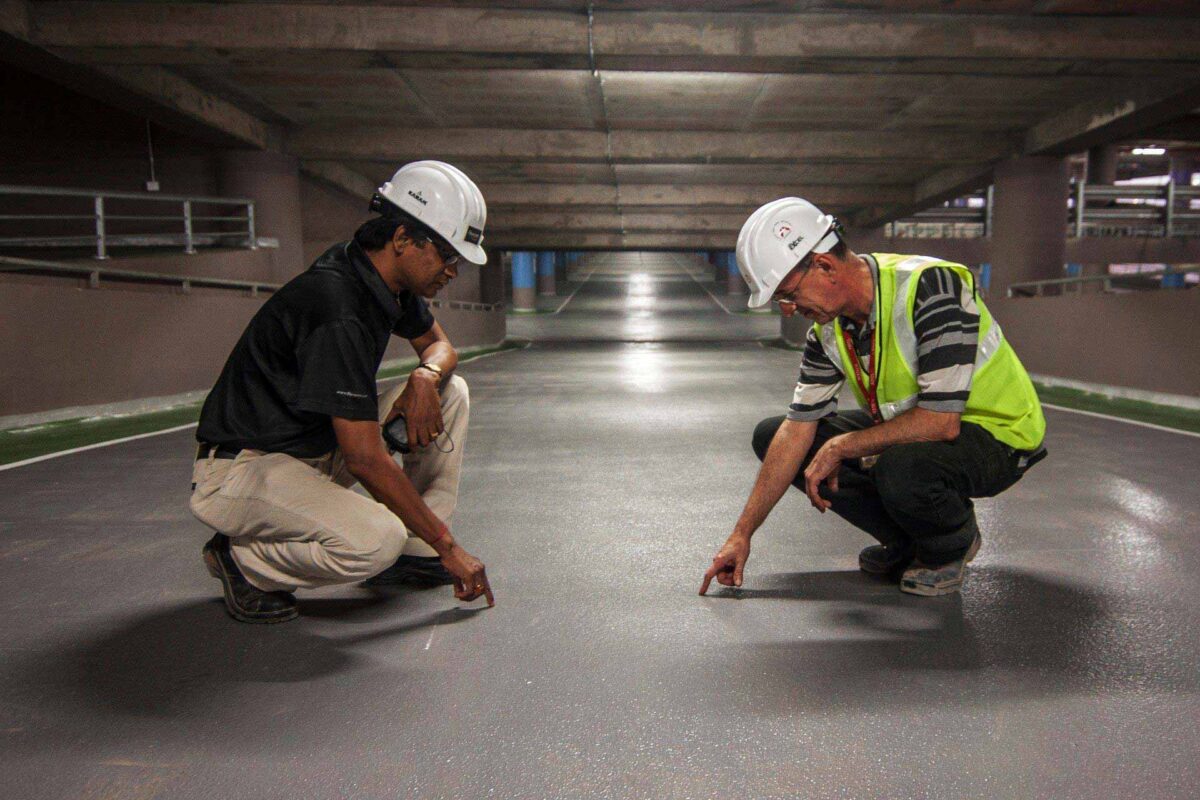Governments and employers should work together to promote multi-generational workforces to adapt to ongoing changes in the world of work. New work challenges have been accelerated by the COVID-19 pandemic, according to a new OECD report. Promoting an Age-Inclusive Workforce says that, by 2050, more than four-in-ten people in the world’s most advanced economies are likely to be aged older than 50. And there will be one person aged 65 and over for every two persons aged 20-64 in OECD economies compared to one for every three today.
Promoting an Age-Inclusive Workforce

Yet current public employment and retirement policies, as well as many corporate practices, are often closely tied to the age of workers, rather than to their actual work capacity and individual needs. Despite older adults being healthier and better educated than ever before today, their talent often remains underutilised and overlooked.
“Promoting greater diversity of experience, generations and talent has the potential to bring enormous benefits to workers, companies and society as a whole,” said OECD Secretary-General Angel Gurría.
Employers need to develop initiatives that nurture an age-diverse workplace and take a life-cycle perspective with supportive public policies and good social dialogue.
Workforce living standards across the OECD would be improved substantially by increasing the participation of older workers in employment, according to the report. Extending working lives could boost GDP per capita by 19% in 2050 on average in OECD countries if employment rates of older workers everywhere caught up with the best‑performing countries like Iceland and New Zealand.
Employers must remove barriers to work for all generations

Workers age-discrimination
Age-discrimination remains a common problem across the world. It restricts employment workforce choices for older and sometimes even younger workers, representing a considerable cost to business.
Rather than focusing on age, labour market policy should be tailored to different individual circumstances and contexts. This implies eliminating age-bias recruitment practices and encouraging age‑diverse cultures where all workers feel comfortable and appreciated regardless of age.
Retaining workforce talent is key. The report provides evidence that employers who respond positively to the changing needs of employees during their lifecycle and career stages improve their success in attracting, motivating and retaining workers. These workers, in turn, are likely to make a greater contribution to their workplaces, and play a full part in making it efficient and productive.

Workforce flexible working conditions
Along with more flexible working arrangements, implementing returnship programmes and providing opportunities for career and financial planning throughout employees’ lifecycles can act as effective retention policies for both younger and older workers. Reverse mentorships also offer many advantages in the context of multigenerational workplaces and can help breakdown workforce age-stereotypes.
Governments and companies should revise their approach to training and skills development. Currently, only 41% of adults across the OECD take part in job-related training. And employees who are younger, more highly qualified, and on full-time contracts are more likely to receive training than those who are older, lower skilled and working part-time. Encouraging people to maintain and develop their skills during their careers and lifetimes would generate significant productivity gains and help more older people extend their working lives.















